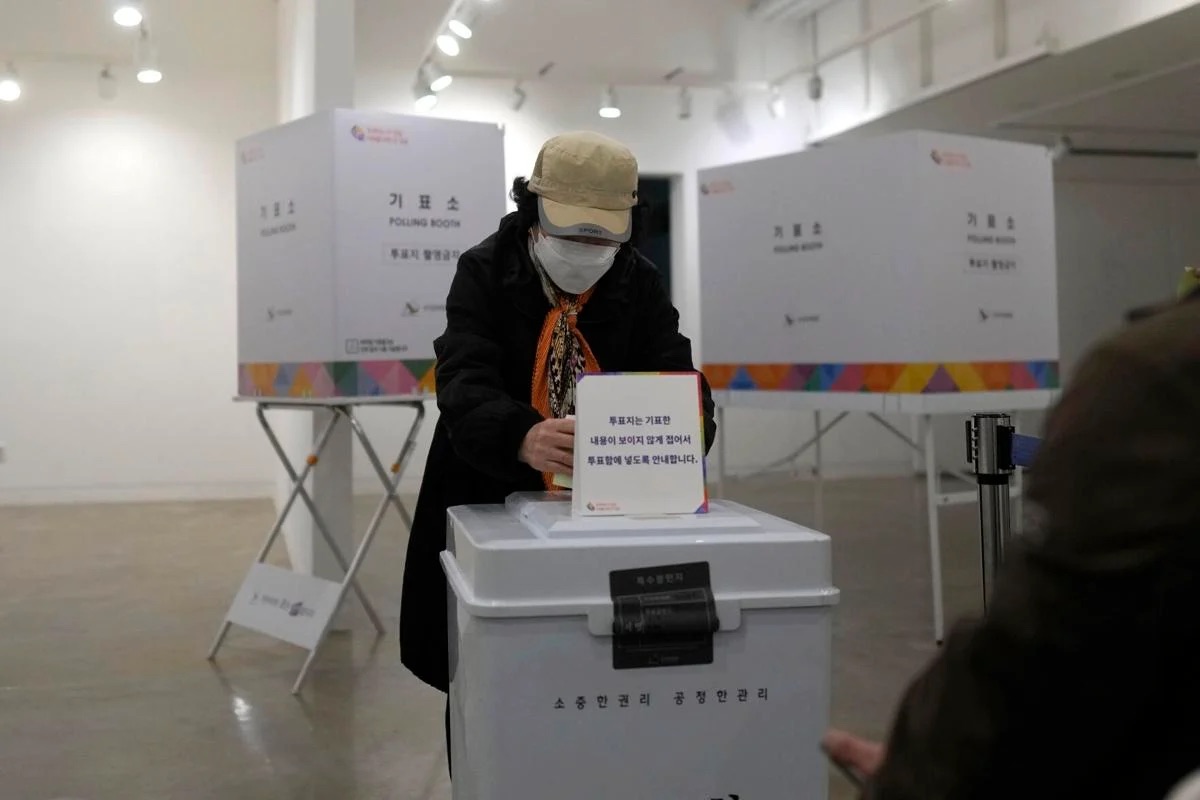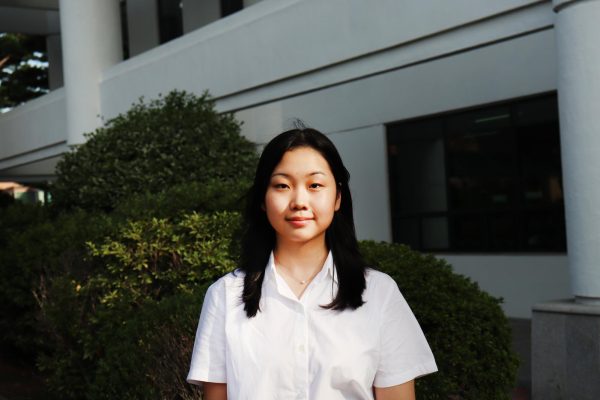Koreans voted for a new 300-member National Assembly in South Korea’s 22nd legislative election held on April 10.
254 members were chosen directly through voting with one lawmaker representing each electoral district, while the other 46 members—who are among smaller political parties—were proportionally represented through nationwide voting.
The assembly will be in power for the next four years, making this a major opportunity for any political power to dominate Korea’s political sphere in the near future.
Experts predicted that no party will face an easy victory.
The People’s Power Party (PPP) predicted only 90-100 seats for the party, despite President Yoon Suk Yeol’s administration being in office. Many believe this is due to Yoon’s controversies, including allegations of corruption, along with other domestic issues such as the low birth rate and inflation.
The Democratic Party of Korea (DPK) suffered similar controversies with the current leader, Lee Jae-myung, facing accusations of bribery and violations of election laws.
Moreover, based on polls released by news broadcasters KBS, MBC and SBS, the DPK and its affiliates could win 178 to 197 seats while the PPP could win 85 to 105 seats.
The voting results reflected this prediction; DPK and smaller affiliate parties secured 192 seats out of 300, with the win being labeled as “a great victory for the people” by Lee.
This is also seen as a turning point in Yoon’s administration, as the PPP will have a harder time passing legislation in a DPK-dominated majority. In response to the results, PPP leader Han Dong-hoon resigned from his position.
The election also marked an all-time high overseas voter turnout since Korea’s first adoption of the overseas voting system in 2012 with a 62.8 percent turnout rate. This is compared to a 23.8 percent turnout rate in the 2020 elections.
“For this election, I have seen a lot of people on social media who are originally from Korea and live abroad but decided to vote,” Emma Kim (12), Asian Studies student, said. “I think that might also represent how the importance of voting can be, even for people who are not directly affected by who is elected into office.”
All of these factors indicated a much more politically polarized landscape.
“The political sphere is currently very divided in Korea,” Steve Nave, Asian Studies teacher, said. “No matter who is elected, it might still result in protests from one side or another.


